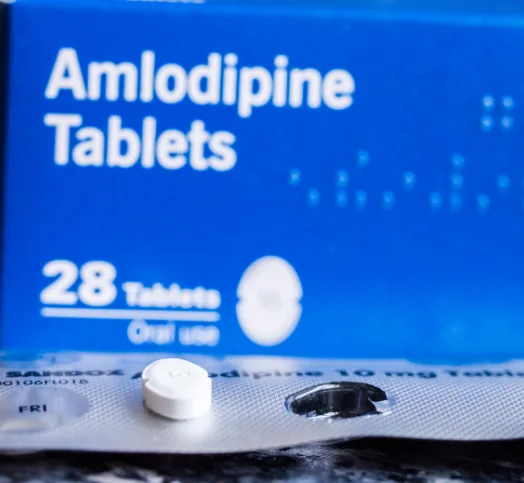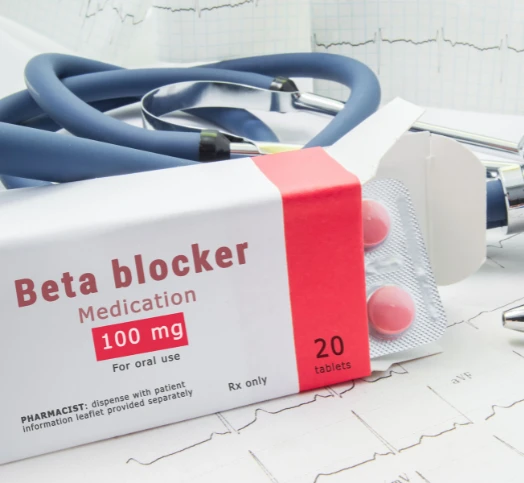Medications like Ozempic have become widely recognised—not just for their role in type 2 diabetes, but also for their impact on weight and potential cardiovascular benefits. Ozempic, known generically as semaglutide, is a medication that mimics a natural hormone in the body to help regulate blood sugar and appetite. While it’s best known as a weekly injection, a tablet form called oral semaglutide is now also available.
In this article, we’ll explore what oral semaglutide is, how it works, and what recent research tells us about its role in heart health.
What Is Oral Semaglutide?
Oral semaglutide belongs to a class of medications known as GLP-1 receptor agonists. These medications help lower blood sugar by enhancing the body’s natural insulin response and slowing down digestion. They also tend to reduce appetite, which may support weight loss.
The injectable version (Ozempic) has been used for several years and is now complemented by the tablet form (marketed as Rybelsus), which is taken once daily. This provides an option for people who prefer not to use injections, though it must be taken on an empty stomach with water and followed by a short waiting period before eating.
The Role of Semaglutide in Managing Type 2 Diabetes
Type 2 diabetes is a complex condition that affects how the body processes blood sugar (glucose). Over time, high blood sugar can lead to damage in various organs including the heart, kidneys, eyes, and nerves. Managing diabetes effectively means not only lowering glucose levels but also reducing the broader risks associated with the condition.
Semaglutide, both in its injectable and oral forms, plays a valuable role in this process.
As a GLP 1 receptor agonist, semaglutide works by mimicking a natural hormone in the gut that helps regulate blood sugar in several ways:
-
It increases insulin release when glucose levels are high
-
It suppresses glucagon, a hormone that raises blood sugar
-
It slows stomach emptying, which helps smooth out spikes in blood sugar after eating
-
It also reduces appetite, which may support weight loss, particularly important since many people with type 2 diabetes also struggle with weight gain
Unlike some older diabetes medications, semaglutide does not typically cause low blood sugar (hypoglycaemia) on its own, making it a safer option when used alone or alongside other medicines like metformin.
What sets semaglutide apart from some other diabetes treatments is its dual effect: improving blood glucose control and offering potential benefits for cardiovascular health, especially in people who already have increased risk.
Oral semaglutide provides this therapeutic benefit in tablet form, offering more choice for people who prefer not to use injections. That said, it still requires careful use, including taking it on an empty stomach and following instructions closely to ensure proper absorption.
While it is not suitable for everyone, and it is not typically used as the first treatment, it can be a useful option for people whose blood sugar remains above target despite lifestyle changes and other medications.
Cardiovascular Outcomes: What the Latest Research Shows
While oral semaglutide has primarily been used to manage type 2 diabetes, recent research has focused on its potential cardiovascular effects, especially in patients already at high risk of heart disease.
A landmark study published in The New England Journal of Medicine in April 2025 looked at over 9,600 people with type 2 diabetes and high cardiovascular risk. The study found that those who took oral semaglutide had a 14% lower risk of major adverse cardiovascular events such as heart attack, stroke, or cardiovascular death compared to those on placebo, over a median of four years.
More specifically:
-
Non-fatal heart attacks were reduced by 26%
-
Non-fatal strokes were reduced by 12%
These findings align with earlier studies involving injectable GLP-1 medications and suggest that oral semaglutide may offer similar heart-related benefits, especially in higher-risk individuals.
Reference: McGuire DK, et al. “Oral Semaglutide and Cardiovascular Outcomes in Type 2 Diabetes.” New England Journal of Medicine, April 2025. Link to article
What Does This Mean for Patients?
It’s important to view these results in context. Oral semaglutide is not a replacement for lifestyle measures like healthy eating, regular exercise, and smoking cessation. However, for people with type 2 diabetes—particularly those with existing cardiovascular risk it may offer additional support.
That said, oral semaglutide is not without limitations:
-
It needs to be taken on an empty stomach, which may not be convenient for everyone.
-
Side effects such as nausea or digestive upset can occur, especially when first starting.
-
It’s not yet approved specifically for cardiovascular prevention, though these findings may shape future guidelines.
Conclusion
As a cardiologist, I see this research as part of an important shift in how we think about heart health. It reinforces what we have come to understand more clearly over the years—that metabolic health and cardiovascular disease are closely linked. Medications like semaglutide offer a valuable tool, not just for controlling blood sugar, but also for supporting overall cardiovascular wellbeing, particularly in people at higher risk.
However, it is important to remember that no single medication can replace the foundations of good heart health. Long term success depends on a combination of strategies: keeping blood pressure and cholesterol under control, staying physically active, making thoughtful food choices, maintaining a healthy weight, and avoiding smoking. These lifestyle factors remain the cornerstone of cardiovascular care. Medications can provide important support, but they work best when combined with a broader and more comprehensive approach to health.










